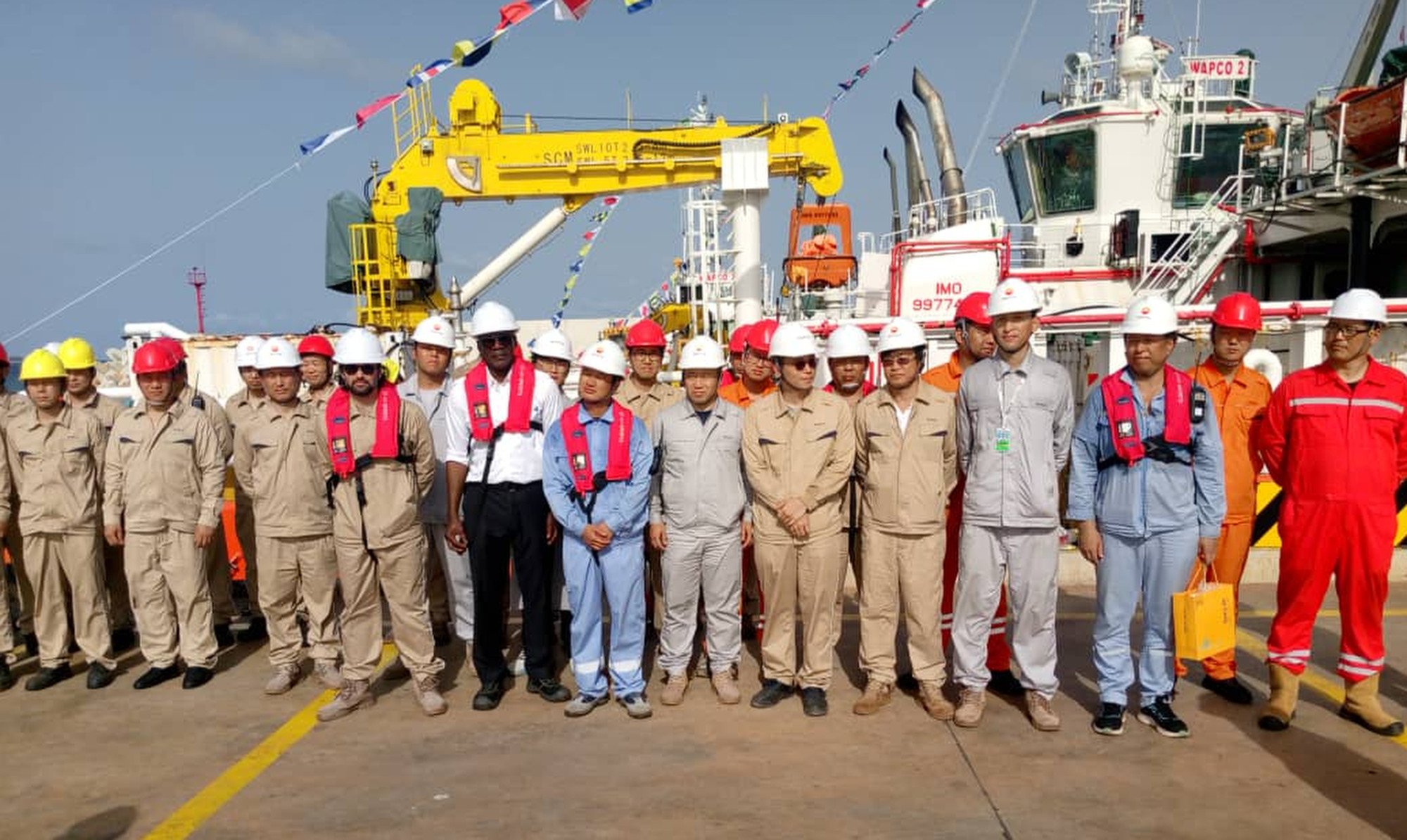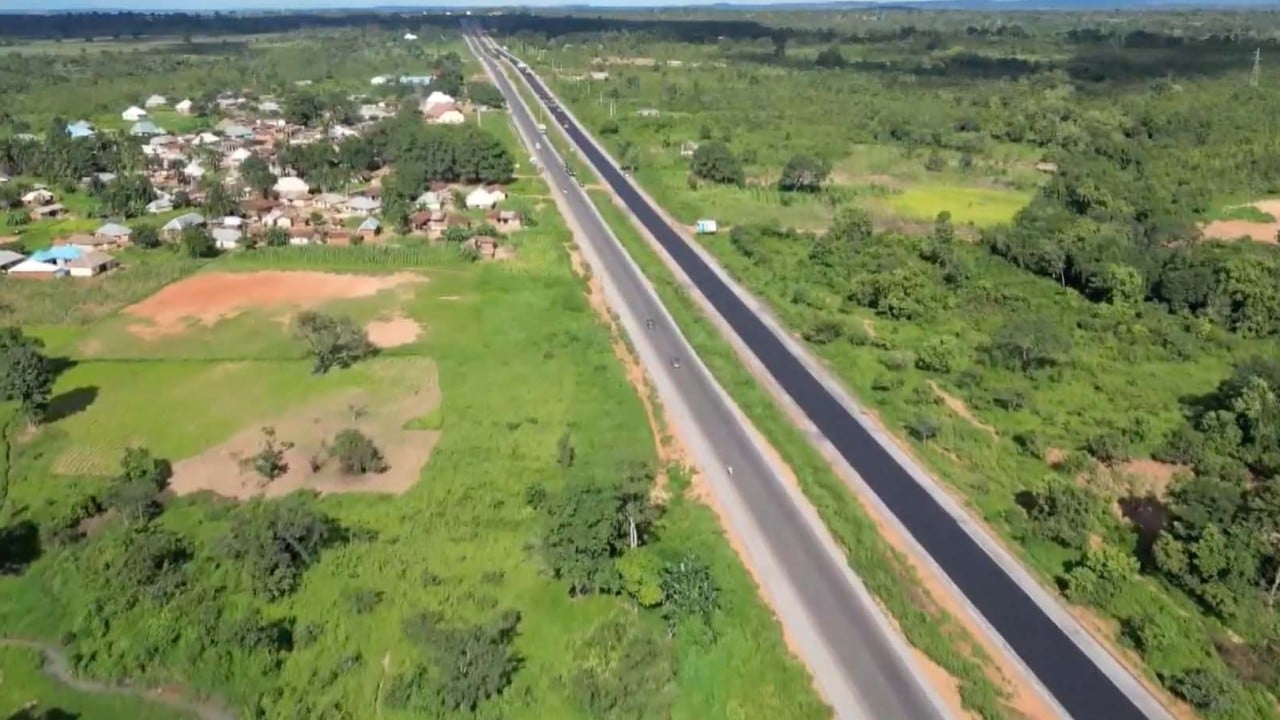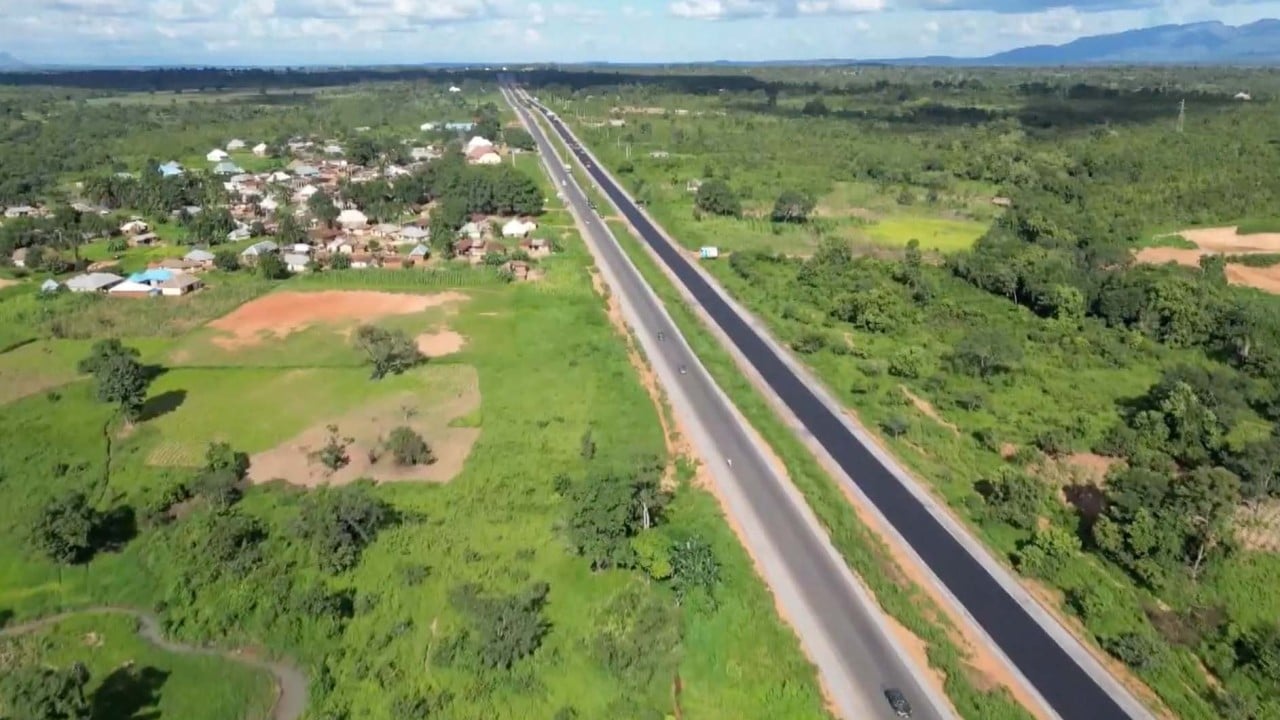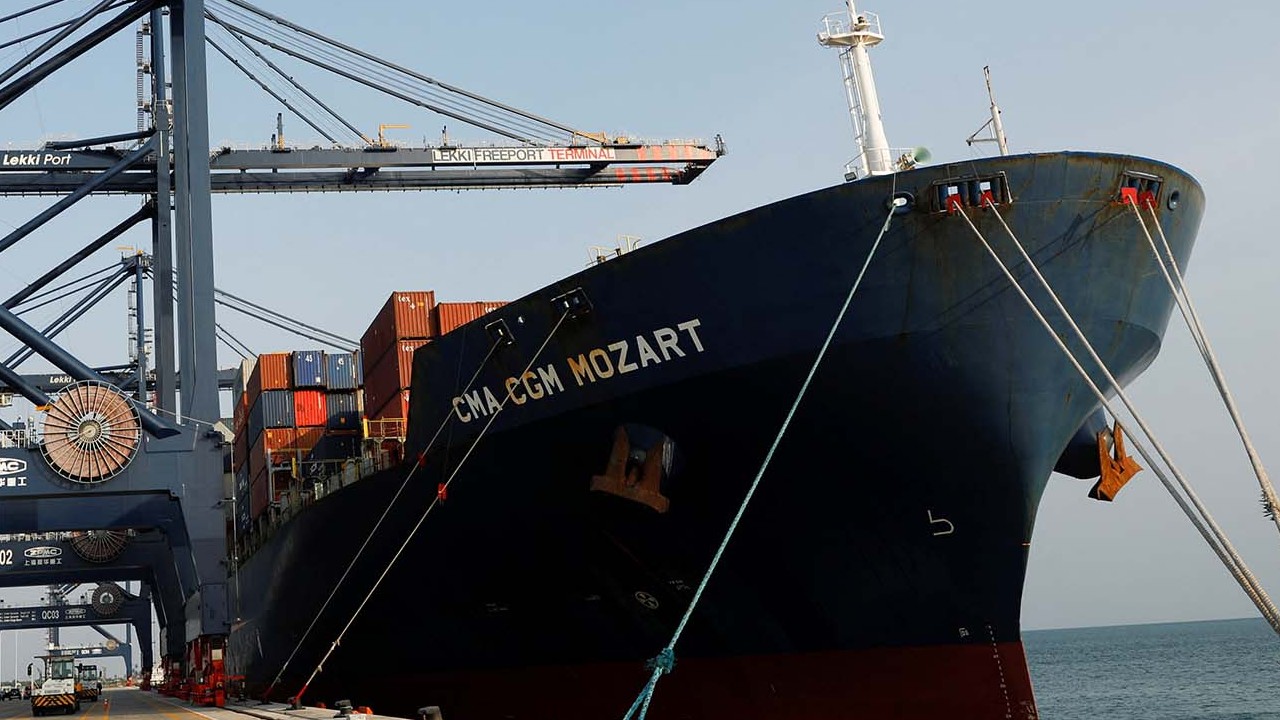With the taps turned off on a Chinese-funded oil pipeline from Niger to Benin, China has found itself in the middle of negotiations to solve the internal crises that are plaguing relations between the two West African nations.
China pumped billions of dollars into the building of the 2,000km (1,243-mile) Niger-Benin oil pipeline, running from the Agadem oilfield to Benin’s Atlantic coast. China was betting on the export of the oil to recoup that money – as well as a US$400 million loan that China advanced to Niger in April that was to be repaid through oil shipments.
But the expectations of 90,000 barrels of crude oil gushing through the pipeline every day were quickly scuppered when Benin blocked the loading of oil into ships in early May over a border dispute with Niger.
China has been leading negotiations under the Benin-Niger inter-state steering committee, with Chinese diplomats and officials from China National Petroleum Corporation (CNPC) meeting government officials in the two West African countries in a bid to resolve the dispute.
Now two former Beninese presidents have also joined the mediation, something which observers have said China will support as it tries to remedy the situation currently threatening its oil investments.
The former leaders, Thomas Boni Yayi and Nicephore Soglo, joined the talks in late June when they visited Niger capital Niamey and had a three-hour meeting with General Abdourahamane Tiani, president of the National Council for the Safeguard of the Homeland (CNSP), the military junta that took power in July last year after leading a coup.
Any path that leads to a resolution of the current stalemate would be welcomed by China, according to Seidik Abba, president of the International Centre for Studies and Reflections on the Sahel (CIRES).
“Niger and Benin need each other. And China has a big interest in such an agreement between Niger and Benin,” Abba said.
China is playing a key role in the negotiations, according to Abba. In fact, the only time there has been a temporary reprieve to the oil block was in May, when China intervened and held talks with Beninese President Patrice Talon, who temporarily allowed the export of a million barrels of oil from Benin’s Seme-Kpodji port to Marseille, France.
“This was facilitated by China, which served as a go-between, convincing Benin to allow the export of oil via its port,” Abba said.
“China … has tried to convince Niger and Benin to reach an agreement because China has huge interests in both countries.”
He added that the stakes for all parties are high. “If Benin and Niger lose money, China will too.”
Chinese oil giant CNPC has invested US$4.6 billion in Niger’s petroleum industry, and its subsidiary PetroChina owns two-thirds of the country’s Agadem oilfield. It also bankrolled and built the Niger-Benin pipeline to move oil from Agadem to Benin’s Atlantic Seme-Kpodji port.
Niger currently has a domestic refining capacity of 20,000 barrels per day for local use while the pipeline was to export 90,000 barrels daily – which would have gone a long way to helping rebuild its economy after it took a hit following last July’s military coup.
It was this coup, which toppled then-president Mohamed Bazoum and saw Tiani seize power, that led to the troubles between Benin and Niger.
As a result of the coup, the Economic Community of West African States (Ecowas) imposed sanctions on Niger. Benin and some other West African countries also closed their borders with Niger.
Under the leadership of the military junta, Niger then cut military ties with France and the US, forcing troops from the two countries to leave. This restricted any financing options open to Niger from Western countries, as the African nation instead strengthened its ties with Russia and China.
In February, Ecowas lifted the sanctions, and Benin reopened its border with Niger on March 1. But the military junta in Niger refused to reopen its side of the border, accusing the Benin government of hosting French troops which they said posed a threat to Niger after the country cut military ties with France.
But that is not the end of Niger’s problems. The oil-rich, landlocked country is also facing internal security challenges caused by rebel group Patriotic Liberation Front. Last month, it claimed responsibility for damaging part of the pipeline – and threatened further attacks unless Niger cancels its US$400 million deal with China.

Tensions between Niger and Benin also escalated recently when Benin sentenced three Nigeriens to 18 months in prison for allegedly gaining unauthorised entry into the port of Seme.
Niger said the three were employees of CNPC subsidiary WAPCO, who had gone to Benin to oversee the loading of oil.
Outraged, Niger turned off the taps to its pipeline and warned that it was considering re-routing its oil exports through Chad.
It is a move that analysts said would be impossible to implement since China is unlikely to pump more money into a new pipeline.
A route through its eastern neighbour had been one of the early ideas for the pipeline, with Niger planning to run it through Chad, to then join up with the Chad-Cameroon pipeline, which runs to the port of Kribi. Another option had been to run the pipeline to Nigeria’s coast.
“If you want to build a new pipeline, you have to get investment. I am not sure China is ready to build this kind of project [through Chad]. If you look at the pipeline between Agadem and Seme, it was built with mostly investment from China while Niger only made a small investment,” Abba said.
Plus, China has not yet recouped its investment from the Benin pipeline.
“I am not sure that China will build another pipeline before recouping its investment from the other.”
The only solution, Abba said, is for Niger and Benin to agree to reopen the oil route to Seme – the only option that has China’s support.
Such an agreement could take many months to reach, according to Francesco Sassi, a research fellow in energy geopolitics and markets at consultancy Ricerche Industriali ed Energetiche (RIE). He said the arrest of the Nigerien nationals working for China’s CNPC would also complicate matters.
“While I consider it very unlikely that Chinese investments would just flow to an alternative, very risky pipeline project, such as the one transiting through Chad and Cameroon, the event highlights the problematic configuration of China’s energy diplomacy in Africa,” Sassi said.
Disputes between producer and transit countries could interfere with both the economic and financial objectives of Beijing in the region, he said, but they could also hinder the political goals China wants to achieve in Africa.
“To solve the dispute and recover the oil investments in Niger, Beijing will need to showcase its ability to navigate through the troubled waters of West African politics, raising the stakes for China’s involvement in African politics,” Sassi said.
The obvious solution is an understanding between Niger and Benin to resolve their differences and resume operation of the pipeline for the benefit of both countries and China, according to David Shinn, a China-Africa specialist and professor at George Washington University’s Elliott School of International Affairs.
China needs to devote its energy to resolving the issues between Niger and Benin and then help find a solution to end rebel attacks on the pipeline
But, Shinn said, such an agreement would not end attempts to sabotage the pipeline by supporters of deposed Nigerien president Bazoum, who remains under house arrest by Niger’s military government.
“China needs to devote its energy to resolving the issues between Niger and Benin and then help find a solution to end rebel attacks on the pipeline,” Shinn said.
Meanwhile, the building of another pipeline through Chad and Cameroon is probably not realistic, he said.
“It would be expensive, take many months to build, and be subject to attacks by Boko Haram where it passes through parts of Chad. Who would be willing to finance such a risky venture?” Shinn said.
“Looking to the future, China should be more selective where it invests, although the Niger-Benin conflict was not predictable.”
Mark Bohlund, a senior credit research analyst at REDD Intelligence, said the likelihood is very low that China will be prepared to finance any link with the Chad-Cameroon pipeline.
“It is already heavily invested in the Benin pipeline,” Bohlund said.




